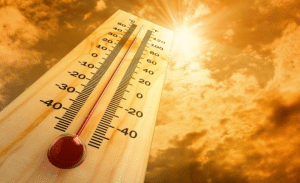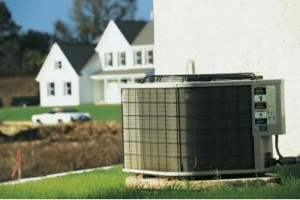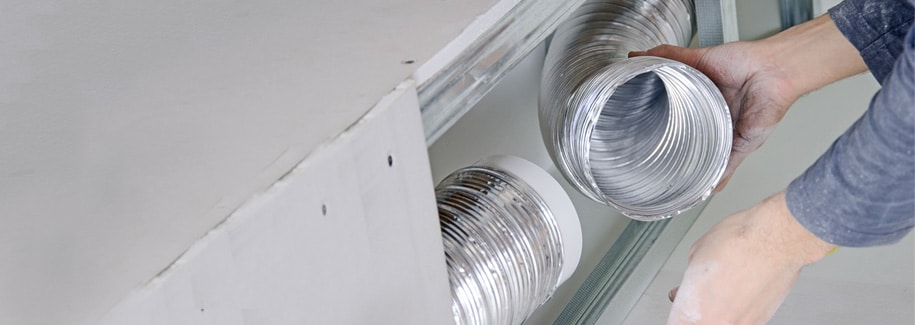It’s easy to forget about your attic unless you’re making routine trips into it. For most Gainesville, FL homeowners, the attic is a place for storage and is rarely considered unless it’s being used.
Ignoring it could be part of the reason for your escalating utility bills. It’s always possible that the cool air produced by your A/C unit is slipping through your home and into the attic, and the reverse is also true with the hot air from the attic coming into your home. Attics affect your home cooling in a major way.
Here are some tips on how to limit the impact your attic is having on your home as we head into the hot summer months.
Insulation is Important
To keep the cool air from escaping through your walls and into the attic space, insulation is a big deal. If home cooling is a big deal to you, adding insulation during the home building process can ensure savings over the lifetime of the house.
If you built the home, hopefully you had conversations with the builder about how much insulation would be put into the house. If you bought the house when it was already built, it can be tough to know how well insulated the house is. However, if you’re noticing some rooms heat up faster than others in the summer time, that’s a strong sign that those rooms didn’t receive the insulation the others did.
While trying to figure out if the bottom of your attic has enough insulation, a good rule of thumb is to look at how high it comes up. If the insulation ends at the top of the joists, then you should consider adding more. If it comes over the joists, then you should be fine and it wouldn’t make sense financially to add any insulation. Improving the insulation can reduce the way attics affect your home cooling.
Attic Ventilation Plays a Role
Just as insulation is important to your attic, ventilation is also a big deal. There are big problems, like hurting the life of your shingles and supporting mold growth, that come with a lack of ventilation. For home cooling purposes, lacking ventilation can have a negative impact on your attic’s insulation.
During the hottest months of the year, the built up heat in your attic can get over 120 degrees. When that starts to seep into your living space, home cooling costs can increase.
If ventilation is set up properly with your home, it should give a constant flow that pushes air from outside of your home and through your attic space. This gives your attic a chance to breathe and lower the temperature.
Pick a Color
Gainesville, FL homes are in prime location to get beaten down by the sun. One simple way to limit the impact the sun has on your attic is to go with a lighter colored roof. This can help reflect some of the sun’s energy and keep it from heating up your attic space.
If that doesn’t work, you can use reflective coatings on the roof to reflect the sunlight and keep it from having a major impact on the temperature of your attic.
Studies have shown that wood roofing panels under black shingles are usually 10-15 degrees warmer than white shingles on similar days. These temperatures can play a big role on the temperature of your attic and ultimately make your home cooling more difficult.
If you’d like to have your A/C unit looked at by a trained professionals, call Gator Air & Energy at 352-275-4827 or send us a message on our website.








